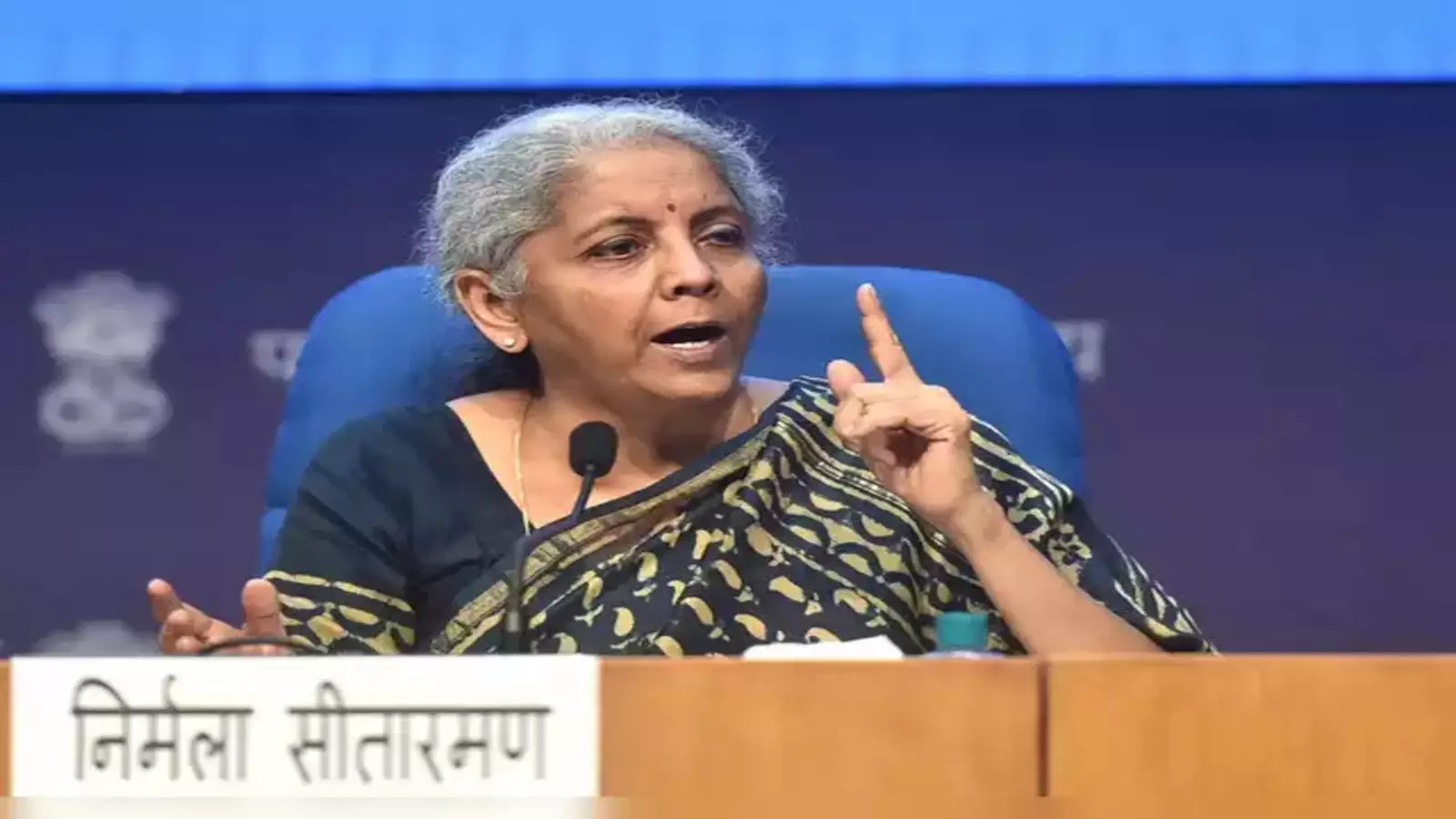What is CAA: Weeks after the Union Home Minister Amit Shah's assurance of implementation of the Citizenship Amendment Act, 2019 before Lok Sabha polls, the central government notified the CAA-19 rules on Monday.
With the implementation of the CAA, non-Muslim migrants from Bangladesh, Pakistan and Afghanistan can easily get Indian citizenship. The law applies to all the people who came from the three countries on and before December 31, 2014.
What is CAA?
The Citizenship Amendment Act (CAA) aims to protect individuals who have sought refuge in India due to religious persecution. It offers them a shield against illegal migration proceedings. To be eligible for citizenship, applicants must have entered India on or before December 31, 2014. Currently, Indian citizenship is granted to those born in India or who have lived in the country for at least 11 years. The proposed amendment also includes a provision for the cancellation of Overseas Citizen of India (OCI) registration if the OCI cardholder violates any provision of the Citizenship Act or any other applicable law.
The Citizenship (Amendment) Act, 2019 (CAA) was passed by the Parliament of India on 11 December 2019. It amended the Citizenship Act, 1955 by providing an accelerated pathway to Indian citizenship for persecuted religious minorities from Afghanistan, Bangladesh and Pakistan who arrived in India by 2014. The eligible minorities were stated as Hindus, Sikhs, Buddhists, Jains, Parsis or Christians. The law does not grant such eligibility to Muslims from these countries. The act was the first time that religion had been overtly used as a criterion for citizenship under Indian law, and it attracted global criticism.
Citizenship (Amendment) Act, 2019 (CAA)
The BJP, which leads the Indian government, had promised in previous election manifestos to offer Indian citizenship to members of persecuted religious minorities who had migrated from neighbouring countries. Under the 2019 amendment, migrants who had entered India by 31 December 2014, and had suffered "religious persecution or fear of religious persecution" in their country of origin, were made eligible for accelerated citizenship. The amendment relaxed the residence requirement for naturalisation of these migrants from twelve years to six. According to Intelligence Bureau records, there will be just over 30,000 immediate beneficiaries of the act.
The Modi government today notified the Citizenship (Amendment) Rules, 2024.
These rules will now enable minorities persecuted on religious grounds in Pakistan, Bangladesh and Afghanistan to acquire citizenship in our nation.
With this notification PM Shri @narendramodi Ji has…
— Amit Shah (Modi Ka Parivar) (@AmitShah) March 11, 2024
The amendment has been criticized as discriminating on the basis of religion, particularly for excluding Muslims. The OHCHR called it "fundamentally discriminatory", adding that while India's "goal of protecting persecuted groups is welcome", this should be accomplished through a non-discriminatory "robust national asylum system". Critics express concerns that the bill would be used, along with the NRC, to render many Muslim citizens stateless, as they may be unable to meet stringent birth or identity proof requirements. Commentators also question the exclusion of persecuted religious minorities from other regions such as Tibet, Sri Lanka and Myanmar. The Indian government said that since Pakistan, Afghanistan and Bangladesh have Islam as their state religion, it is therefore "unlikely" that Muslims would "face religious persecution" there. However, certain Muslim groups, such as Hazaras (mostly Shias) and Ahmadis, have historically faced persecution in these countries.
Narendra Modi
The passage of the legislation caused large-scale protests in India. Assam and other northeastern states witnessed violent demonstrations against the bill over fears. That granting Indian citizenship to refugees and immigrants will cause a loss of their "political rights, culture and land rights" and motivate further migration from Bangladesh. In other parts of India, protesters said that the bill discriminated against Muslims, and demanded. That Indian citizenship be granted to Muslim refugees and immigrants as well.
Major protests against the Act were held at some universities in India. Students at AMU and JMI alleged brutal suppression by the police. The protests have led to the deaths of several protesters, injuries to both protesters and police officers, damage to public and private property. The detention of hundreds of people, and suspensions of local internet mobile phone connectivity in certain areas. Some states announced that they would not implement the Act. In response, the MHA said that states lack the legal power to stop the implementation of the CAA.
On 11 March 2024, the Ministry of Home Affairs officially announced the rules for the Citizenship Amendment Act. This development follows Union Home Minister Amit Shah's commitment to implement them before the 2024 national elections.
Where CAA is not implemented in India?
The CAA will not be implemented in the region mentioned under the Sixth Schedule ( Tribal Areas in the States of Assam, Meghalaya, Tripura and Mizoram) of the Indian Constitution. Areas covered by the Inner Line Permit system (ILP) are also excluded from CAA law. The exclusion would ensure the safeguarding of the interests of the tribal and indigenous communities in the North-Eastern region. People living in this area won't be able to apply for citizenship under CAA-2019.
Read More: top 10 news headlines 2024
Anti-CAA protests
Soon after the CAA was passed by the Parliament on December 11, 2019, and was notified in the same year. There was a massive protest against the amendment in several parts of the country. Anti-CAA protests began in December 2019 and lasted till nearly February 2020. The anti-CAA protests began in Assam and spread like fire in other states like Meghalaya, Arunachal Pradesh, Tripura, Delhi, etc. Protests from different parts of the country opposed different aspects of the CAA.
The protest led to thousands of arrests and several deaths in the country. The implementation of CAA has raised the fear of the re-emergence of anti-CAA protests. Multiple organisations have announced to protest against CAA implementation. Soon after the release of the notification of CAA on Monday, protests erupted across Assam with opposition criticising. The BJP government at the centre for the move.
Other Popular News Post:
Cyclone Dana | Hezbollah | Bounty on Lawrence Bishnoi | Priyanka Gandhi | Environment Protection Act | PM Modi at BRICS Summit | Cyclone Dana | Tata-Airbus C-295 Aircraft Production | Zeeshan Siddique | Sushant Singh Rajput Death | Punjab Farmers Protest | Maharashtra Assembly Elections | Tata-Airbus Aircraft Plant | Israel-Iran War Live Updates | Kerala Fireworks Accident
Explore other popular Posts:
Blog | News | Entertainment | Education | Sports |
Technology | Cryptocurrency | Stock | Home | Sitemap





